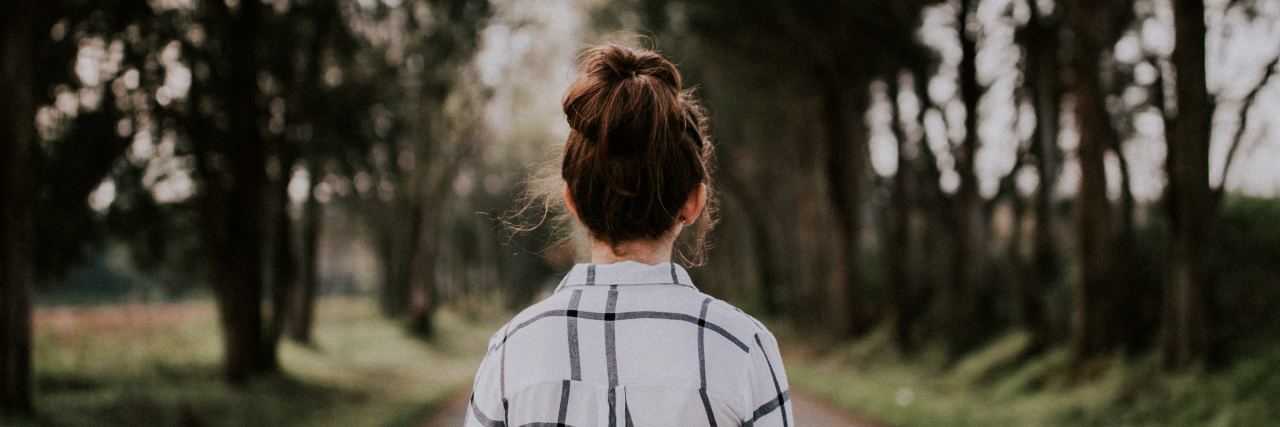I used to like people. Now I selectively like people. My “selective isolation” is how I cope with my recently-diagnosed PTSD.
For 26 years, I buried all memory of abuse I experienced in relationships starting when I was 13 years old and ending with my divorce in my mid-20s. I told myself these events never happened and, eventually, I “forgot” about them. But my body did not. Doctors did not have answers for why I experienced extreme chronic fatigue, racing thoughts and a feeling of heaviness crushing my chest usually accompanied by my old friend, depression. One doctor curtly responded, “What do you expect from this visit?” when I refused medication because first I wanted to fully understand what was going on with my body. I understand now that my fatigue is my body shutting down and going numb as a freeze response to these triggered traumatic memories. My selective isolation is how I protect myself as I learn to move through this turbulent terrain of disorienting memories. This is not my forever, but this is my right now.
As I move through the healing process, I am learning big lessons about whom I can trust with my truth. I was surprised when I learned the answer is very few people. It seems that judgment is an inherent part of human nature, while empathy is a gift few possess. I find as I recover memories of different abusive events, I am blamed and shamed by people I once trusted. I have resorted to what I call “selective isolation” to protect myself during this vulnerable stage.
Normally, I am a very social person. I am an extrovert and I thrive on talking to people. I love meeting new people and I am comfortable going to parties when I do not know anyone. I still recharge my energy by talking with people, but just a select few people. I still like to go out, but only with my trusted people. I do not want to be around people I don’t know or with whom I do not feel a connection.
I am triggered so easily and as a result, experience waves of anxiety and disorientation. I have been triggered during a job interview, during family gatherings and at a professional meeting. When this happens I suppress my anxiety. Internally I feel the hot pressure invading my body, like the steam in a teakettle fighting to escape. I keep my composure and hide my internal battle until I am in a safe space to release my emotions. I am very good at suppressing my thoughts, but I cannot do it anymore.
Ironically, I feel freedom now more than I ever have in my life because I have been given the gift of honesty with myself. I am learning to accept my whole self and my whole past, unashamed. I am a survivor, but I am not defined by my abuse. I see a therapist, attend support groups and have a psychiatrist. All of this professional help is teaching me not to be controlled anymore by the memories of my abuse and my abusers. Because I am very selective about with whom and how I spend my time, I appreciate the things in my life that I normally take for granted. I love the giddy, silly laughter of my children and when my husband smiles at me with happiness in his eyes. I love the sunshine and the way it glows through the trees in my yard. I love my house and how warm it feels. I love my kitties’ furry necks when I snuggle them and feel their soothing purrs on my chest when I am having a tough moment. I am learning to accept the thoughts in my head not as scary moments that should be avoided, but as moments that can be learned from and let go. I practice letting go with mindfulness — I accept my thought and then visualize it in a bubble that gently floats down the rapids of a winding river. As I learn to acknowledge my past instead of bury it, I am feeling healthier and stronger every day.
Unsplash photo via Hannah Busing

